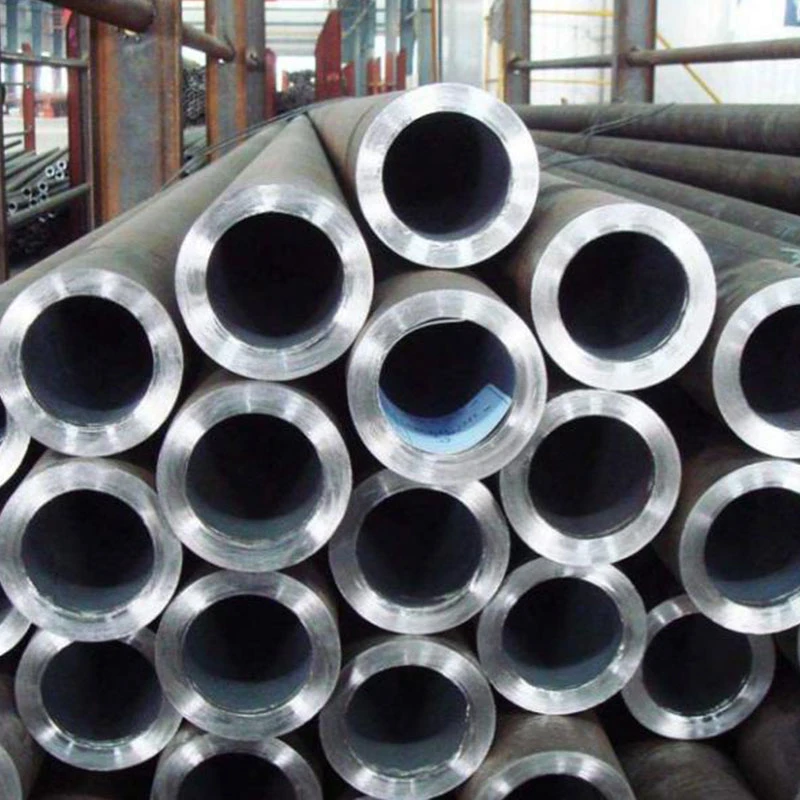-
Cangzhou Yulong Steel Co., Ltd.
-
Phone:
+86 13303177267 -
Email:
admin@ylsteelfittings.com
- English
- Arabic
- Italian
- Spanish
- Portuguese
- German
- kazakh
- Persian
- Greek
- French
- Russian
- Polish
- Thai
- Indonesian
- Vietnamese
- Zulu
- Korean
- Uzbek
- Hindi
- Serbian
- Malay
- Ukrainian
- Gujarati
- Haitian Creole
- hausa
- hawaiian
- Hebrew
- Miao
- Hungarian
- Icelandic
- igbo
- irish
- Japanese
- Javanese
- Kannada
- Khmer
- Rwandese
- Afrikaans
- Albanian
- Amharic
- Armenian
- Azerbaijani
- Basque
- Belarusian
- Bengali
- Bosnian
- Bulgarian
- Catalan
- Cebuano
- China
- China (Taiwan)
- Corsican
- Croatian
- Czech
- Danish
- Esperanto
- Estonian
- Finnish
- Frisian
- Galician
- Georgian
- Kurdish
- Kyrgyz
- Lao
- Latin
- Latvian
- Lithuanian
- Luxembourgish
- Macedonian
- Malgashi
- Malayalam
- Maltese
- Maori
- Marathi
- Mongolian
- Myanmar
- Nepali
- Norwegian
- Norwegian
- Occitan
- Pashto
- Dutch
- Punjabi
- Romanian
- Samoan
- Scottish Gaelic
- Sesotho
- Shona
- Sindhi
- Sinhala
- Slovak
- Slovenian
- Somali
- Sundanese
- Swahili
- Swedish
- Tagalog
- Tajik
- Tamil
- Tatar
- Telugu
- Turkish
- Turkmen
- Urdu
- Uighur
- Welsh
- Bantu
- Yiddish
- Yoruba

Nov . 25, 2024 04:46 Back to list
Equivalent Schedule 40 Welded Fittings Specifications and Applications Guide
Understanding Schedule 40 Weld Fittings A Comprehensive Guide
Welding fittings are essential components in piping systems, utilized in various applications ranging from residential plumbing to complex industrial processes. Among these fittings, Schedule 40 weld fittings hold a prominent place due to their versatility and reliability. This article aims to explain the concept of Schedule 40 weld fittings, their applications, and the benefits they offer.
What Are Schedule 40 Weld Fittings?
Schedule 40 refers to the wall thickness of the pipes and fittings. It is a standard rating that indicates the strength and pressure-bearing capacity of the piping system. The term schedule denotes the thickness of the wall, and for Schedule 40, the walls are thick enough to handle moderate pressure without compromising safety.
Weld fittings are specially designed components that allow connections between two pieces of pipe or other plumbing apparatus through the welding process. They come in various shapes, including elbows, tees, reducers, and caps, enabling multiple configuration possibilities in pipe layouts.
Material Composition
Schedule 40 weld fittings can be made from several materials, including carbon steel, stainless steel, and PVC. Each material serves different purposes and environments
- Carbon Steel Commonly used in high-pressure applications, carbon steel Schedule 40 fittings provide durability and are often used in construction and industrial settings. - Stainless Steel Known for its corrosion resistance, these fittings are ideal for environments exposed to moisture or corrosive substances, such as in chemical processing or food and beverage applications. - PVC (Polyvinyl Chloride) This lightweight alternative is suitable for non-pressure applications, such as irrigation and drainage systems. PVC Schedule 40 fittings offer ease of installation and are resistant to corrosion.
Applications of Schedule 40 Weld Fittings
The versatility of Schedule 40 weld fittings makes them suitable for various applications
1. Residential Plumbing Weld fittings are fundamental in connecting pipes throughout a home, ensuring a reliable supply of water while maintaining the structural integrity of the plumbing system.
schedule 40 weld fittings

3. Industrial Processes In manufacturing facilities and chemical plants, Schedule 40 weld fittings help transport gases, liquids, and powders, ensuring that operational processes run smoothly and safely.
4. Agriculture These fittings are often used in irrigation systems, providing a robust solution for transporting water to farmlands while withstanding environmental stresses.
Benefits of Using Schedule 40 Weld Fittings
1. Strength and Durability The thicker walls of Schedule 40 fittings enhance their strength, allowing them to withstand higher pressures compared to fittings with thinner walls.
2. Versatility Available in numerous shapes and sizes, Schedule 40 fittings can be utilized in various configurations for different applications, making them a go-to choice for many professionals.
3. Easy Installation While welding requires specific tools and skills, the actual process of connecting Schedule 40 fittings is straightforward. When properly welded, these fittings form strong, leak-proof joints.
4. Cost-effectiveness Schedule 40 fittings are relatively affordable compared to other high-pressure fittings, making them an economical choice for both residential and commercial applications.
Conclusion
Schedule 40 weld fittings are integral to modern pipe systems, offering a combination of strength, versatility, and cost-effectiveness. Whether employed in plumbing, commercial buildings, industrial processes, or agricultural applications, these fittings provide reliable solutions that cater to diverse needs. Understanding their characteristics and applications is vital for anyone involved in plumbing, construction, or any field requiring fluid transport.
Latest news
-
ANSI 150P SS304 SO FLANGE
NewsFeb.14,2025
-
ASTM A333GR6 STEEL PIPE
NewsJan.20,2025
-
ANSI B16.5 WELDING NECK FLANGE
NewsJan.15,2026
-
ANSI B16.5 SLIP-ON FLANGE
NewsApr.19,2024
-
SABS 1123 FLANGE
NewsJan.15,2025
-
DIN86044 PLATE FLANGE
NewsApr.19,2024
-
DIN2527 BLIND FLANGE
NewsApr.12,2024
-
JIS B2311 Butt-Welding Fittings LR/SR 45°/90° /180°Seamless/Weld
NewsApr.23,2024











